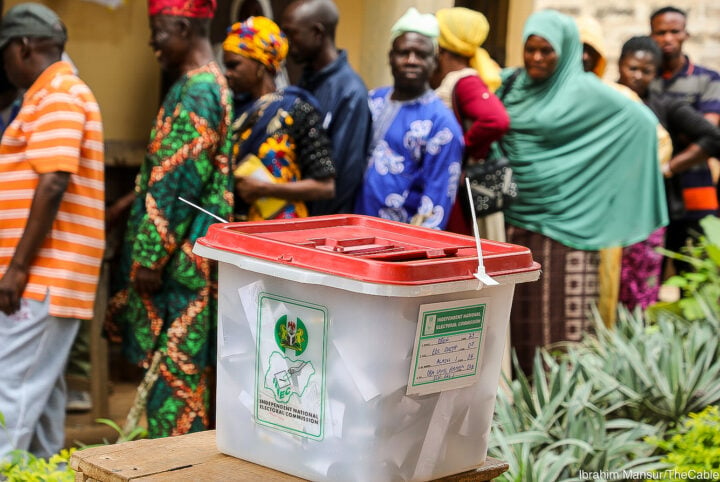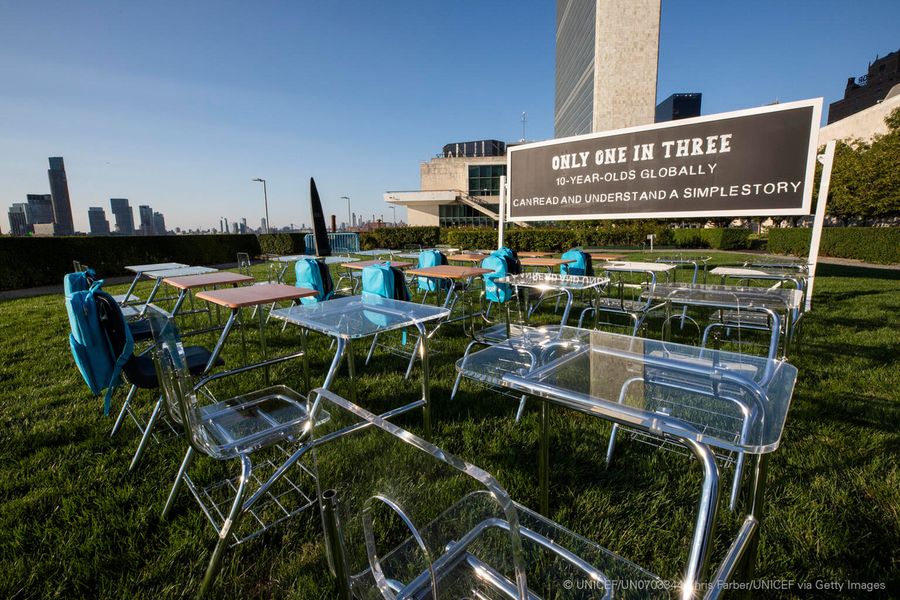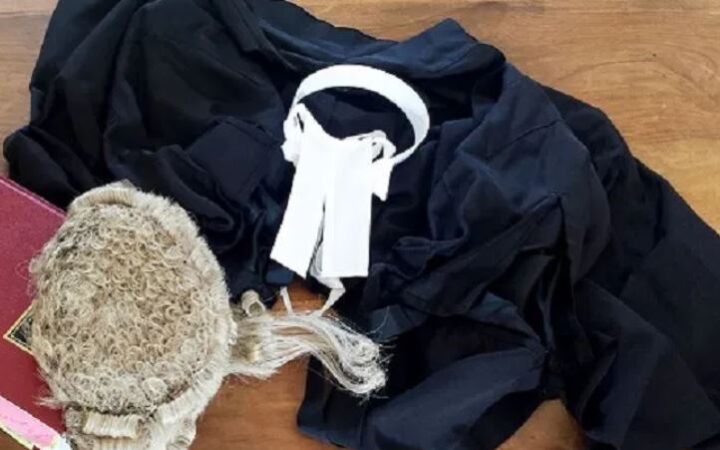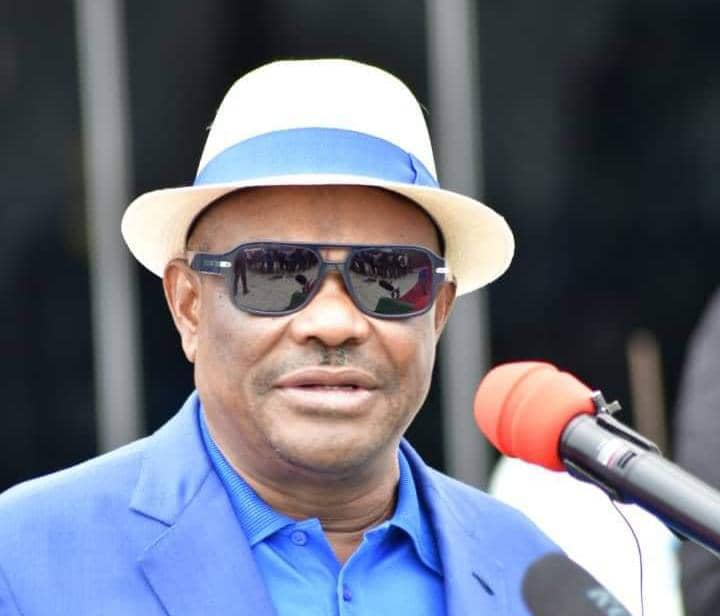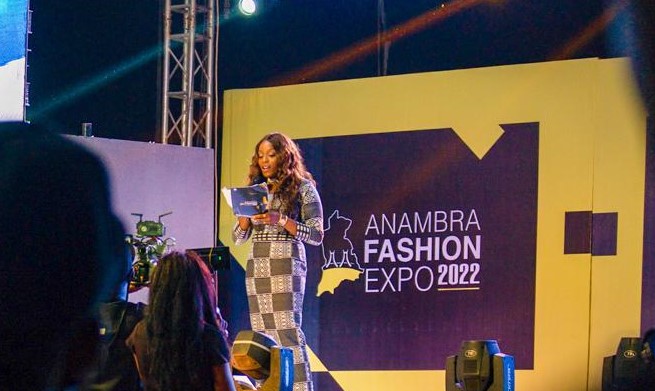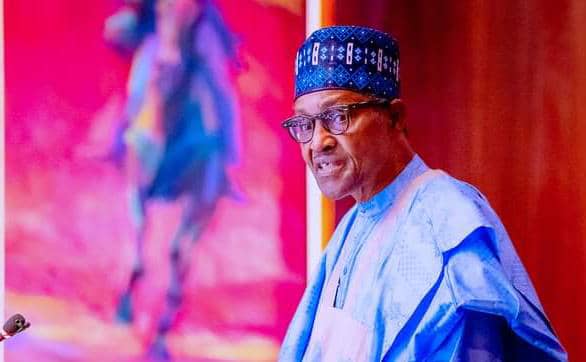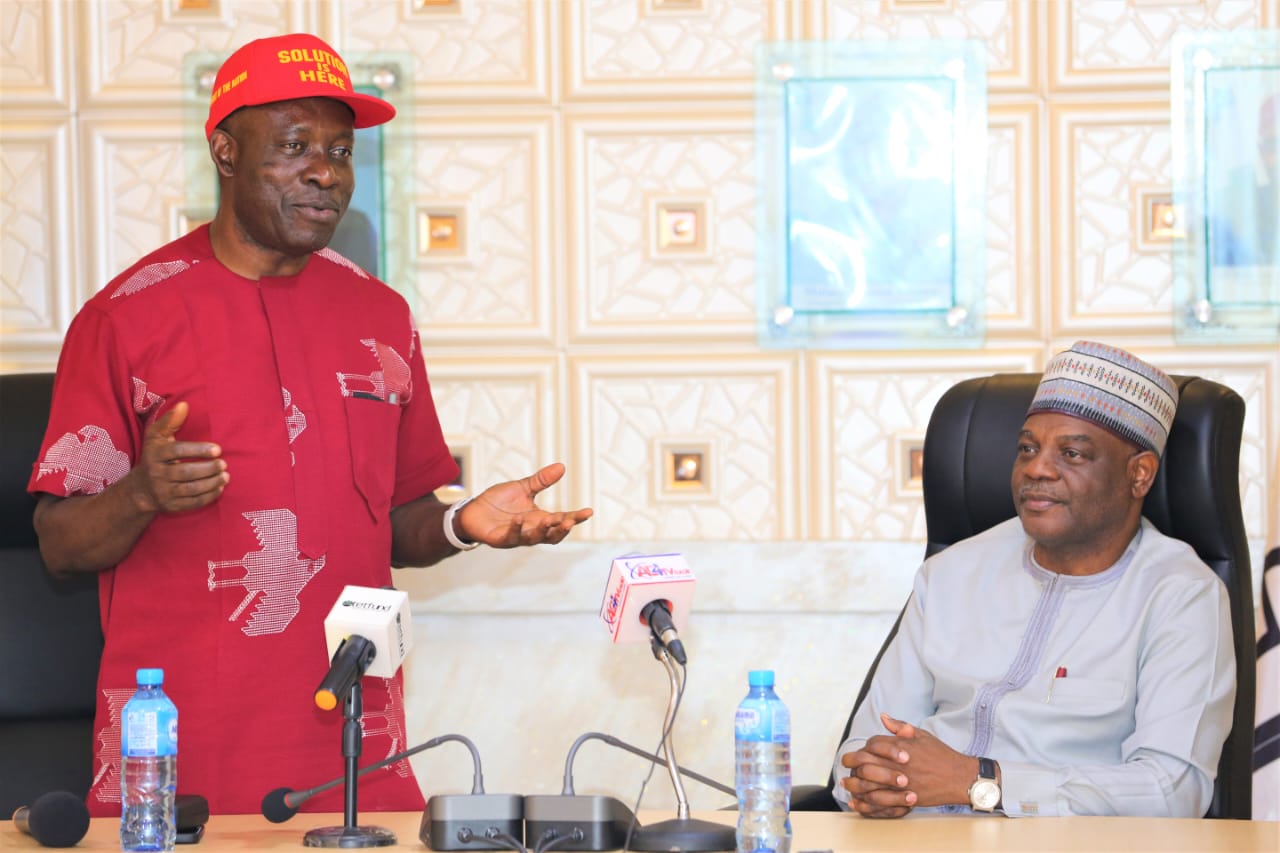BY RAYMOND OISE-OGHAEDE
As we eagerly await the flag-off of the electioneering campaigns preparatory to the all-important general election of 2023, I have been following the unfolding events in the country’s political terrain with keen interest and observed that some happenings are gradually sliding us back to the days of old. Shortly after the election and selection of presidential and vice presidential candidates respectively across all the parties; the political permutations and manipulations have assumed extremely tricky and fragile dimensions that are so delicate and capable of causing serious problems for our democracy, if not properly handled.
In the emerging dispensation, religion and ethnic considerations have once again taken the centre stage of politicking; and people are treating it with levity as if it is a normal phenomenon. If the ignorance of the ordinary man on the street or the retinue of political jobbers to the dangers posed by this trend is overlooked and forgiven, the same cannot be the case for our experienced/well-groomed politicians and the elites who ought to know better. In as much as this review is not in any way casting aspersions on anyone or group for not giving it a serious thought or shouting out; it would not hold back anything or fail to draw the attention of all well-meaning and patriotic citizens to the dangers lurking in the corner.
Whether it is good to hear or not, the fact remains that our politicians are gradually dragging us back to the era where religion and ethnicity tore us apart and greatly contributed to political instability in governance. At the early stages of the country’s democracy, political activities were largely beclouded by parochial sentiments based on ethnoreligious considerations. Thus, it is not an exaggeration to state that one of the major achievements of President Ibrahim Badamasi Babangida’s (IBB) administration was the elimination of the multi-party system of ethnicised politics by the adoption of a two-party system with a national spread and outlook. At that period, the creation of the Social Democratic Party (SDP) and the National Republican Convention (NRC) was the elusive and much-sought solution to the fragility of our then-prevailing political hullabaloo.
Advertisement
It was this “sophisticated masterpiece” by IBB that led to the freest and fairest election on June 12, 1993. Nigerians from all works of life “jettisoned” the old practice and embraced the politics of national interest geared towards forging a “united” and “progressive” political order. Although, the outcome of that election was not eventually actualised; the basics became the foundation upon which the present fourth republic was laid in 1999. To buttress this fact; the present administration declared June 12 of every year as Democracy Day and a public holiday.
Today, it is utterly sad, disappointing, unfortunate and worrisome that the dangerous and calamitous tendencies of religion and ethnic politicking are gradually been reinvigorated. Though, the proponents of the current moves are hinging their actions on the necessity for ethnoreligious balancing; the way and manner in which some of them are propagating it leaves much to be desired. Rather than creating awareness and a conducive atmosphere for the electorates on the activities lined up for the marketability or salability of their respective candidates when the electioneering campaigns eventually kick off in earnest; they are busy confusing the masses the more and creating an atmosphere of mutual suspicion across the nook and cranny of the country. Gradually, their acclaimed actions for national interest have started planting seeds of discord and cancerous wounds in the hearts of the citizenry.
As much as there is nothing bad in political and religious leaders, associations, institutions and other individuals to amicably agitate for inclusiveness or equity and fairness of representation in governance; doing so in ways that could send wrong signals to people of other ethnoreligious affiliations is the most fretful aspects of the whole matter. Nigeria is a secular state where no particular religion is seen as the official religion. In furtherance of this, the subsisting 1999 constitution of the Federal Republic of Nigeria (as amended) provides in section 38(1) that: “Every person shall be entitled to freedom of thought, conscience and religion”.
Advertisement
In the same vein, there is no provision in the constitution or any known law where one ethnic nationality is seen as superior or inferior to the others. However, our people have so made the situation very complicated that we now see an imaginary dichotomy based on ethnicity and religion. It is so worrisome that the country is presently engulfed in fiercely political wrangling on issues bordering on the geo-political region to produce the next president. There are also agitations for a Christian president and a total rejection of a Muslim-Muslim ticket that is generally believed and seen as having the colouration of an “Islamic agenda”. As already stated earlier, there would not have been any problem with these agitations and objections if they were backed by any law; but, there is none.
The constitution and the newly passed electoral act 2022 did not in any way make provisions for religion and ethnic considerations in the election of political parties’ presidential candidates or selections of their running mates. The same is also applicable in the election processes for the chairmanship position of the parties. If the above is the “position of the law”; then, why do people always criminalise it whenever the process does not agree with or favour their ethnic or religious affiliations? If what is presently in practice is flawed and undesirable; the best way to go about it is by constitutional means through the national assembly.
Alternatively, results could be achieved by a stopgap approach through discussions and negotiations to arrive at a win-win compromise; and, that is the beauty of modern politics. The use of threats, propaganda, force or other processes not known to the law can only compound and not resolve the problem(s). Ironically, the same people that are very quick to acknowledge and make references to our lofty achievements of June 12, 1993 (including those that were not born or had not attained the voting age then) are also the same people that are championing the crusades condemning and crying foul against the principles upon which that achievement became possible. This review will be neutral as much as possible; but, references will be made to some individuals and their political affiliations without prejudice to anyone or group.
One of the very delicate and trending issues of concern is the opinion held in some quarters about the purported ploy by the north to remain in power. These people are hinging their misgiving on the participation and eventual victory of Atiku Abubakar in the presidential primaries of the PDP as a way of denying the south from producing the next president. Though, no one has been able to show us the section(s) of the constitution or the electoral act that provides for “turn by turn” or zoning amongst the regions; they are of the firm belief that the presidential position should have been reserved for the south in 2023, in accordance to an “unknown and unwritten gentleman’s agreement” within the party. However, the fact that the said Atiku was able to garner the majority of the delegates’ votes (which cut across all the regions) at the presidential primaries which were also contested by candidates from the south is an indication that he was the most preferred amongst the lot in spite of his northern origin.
Advertisement
If that be the case, the issue of his ethnic background should not be held against him unless it could be proven that he forced the delegates to vote for him involuntarily or illegally to deny the south or other aspirants their right to be voted for or elected. Funny enough, it was this same Atiku that “stepped down” (from the second ballot during the SDP presidential primaries held at the Jos Township Stadium) to pave way for M.K.O. Abiola (a southerner from the west) to emerge as the presidential candidate of the party and the eventual winner of the June 12, 1993, elections. Perhaps, the electoral achievement of June 12, 1993, which has become the cornerstone of our present democracy might not have been possible without that “strategic sacrifice” of stepping down by Atiku (I was not told; I was a witness of what transpired at the venue). The question we should be asking is; “does he possess the experience and capacity to unify us and move the country forward?” So, the issue of his ethnic background should not be a major factor.
In another development, the Muslim–Muslim ticket of Bola Ahmed Tinubu of the APC has also been generating widespread furore. Those condemning it have not also been able to refer us to any section of our subsisting laws that frowned against the same-faith pairing of candidates. The same people have suddenly forgotten that the electoral victory of June 12, 1993, was also based on the Muslim-Muslim pairing of M.K.O Abiola and Babagana Kingibe. So, why are they celebrating June 12 and seeing the present combination as an abomination? As we have mentioned earlier, Nigeria is a secular state with no singular official religion and if there would be anything like the adoption of an official religion, the constitution must be amended to give legal backing to it and this can only be achieved through the national assembly.
Interestingly, the lawmakers are representatives of all the states from different religious backgrounds. Even in the present political dispensation, there are some states with Muslim-Muslim and Christian-Christian governors and deputy governors respectively and heaven has not come down. So, why are we bothering ourselves with nothingness? At this age and time, what we should be concerned about is the people that can move the country forward and not the religion they profess and that should also be the case if the pairing was a Christian-Christian or others-others.
Another delicate situation is the imbroglio surrounding the chairmanship position of Iyorcha Ayu of the PDP as a result of the emergence of Atiku Abubakar (another northerner) as the party’s presidential candidate. Though, the proponents of his sacking or resignation to give way for a southerner to take his place have not also been able to back their demands with any provisions of the law. They have suddenly forgotten that Ayu was constitutionally and lawfully elected into office before the presidential primaries were conducted. The two positions are products of separate processes backed by the law; and, if there is anything that must be done to undo the present status or position; that process must also be recognized and backed by the law. If anything is done arbitrarily to undo what the law has put in place, such would become illegal and that would not stand in the face of the law. It does not matter whether Ayu had earlier “promised to resign” or not; or whether Atiku gave his words that “Ayu must go” or not; those words/statements cannot be made sacrosanct when they come pari passu with the law. Ayu definitely knows his right on the matter and may want to defend it to the letter because it is backed by the law.
Advertisement
Therefore, all the name-calling and exchange of hot words will not lead to an amicable resolution of the issue. If there is going to be any headway; such must be through moral suasion which must be guided by mutual understanding and co-operation. Nothing is impossible in politics because it is a field where you disagree to agree. Presently in the ruling party, the sitting president and the chairman are also from the north and they are still forging ahead as a national party. Interestingly, the chairmanship positions of both the APC and PDP were hitherto held by southerners (Adams Oshiomhole and Uche Secondus respectively) before their kinsmen and party members orchestrated their removal.
Another very delicate issue is the rumours going around that the northern politicians in APC strategically opted for Shettima as the vice presidential candidate to Tinubu for ulterior motives. By now, one would have expected the leadership of the party and the candidates to have dispelled such damaging and dangerous rumours but their long silence on the issue is also a problem in itself.
Advertisement
In another but related development, the supporters of the emerging third force(s) from the other political parties such as that of the Labour Party (Peter Obi) should also be cautious in the way and manner they carry out their activities so that they will not give people the impression that their movement is all about the talks in some quarters that it is the turn of the south-east or Christian to produce the next president. All the rancorous media buzzing, showman-visitations to worship venues and declarations by some highly placed individuals and religious leaders should be tactfully guided in order not to be seen as tacitly drawing battle lines along ethnoreligious divides. Some actions could be misinterpreted or misplaced to the extent that such would inadvertently result in the loss of genuine love and support of those who would invariably see their religion or ethnic affiliations as the targets of abuse. Winning a presidential election under the present democratic set-up is a function of majority votes and obtaining 25% of the valid votes in at least 24 states. The spread is key and no one ethnicity or religion can do it in isolation.
At this junction, it is very important to state equivocally, that this review is without prejudice to the individuals and parties mentioned and not mentioned therein. The instances shared above are the delicate and crucial areas that need to be addressed urgently to forestall imminent dangers for our democracy on the road to 2023. The ongoing political manoeuvrings and movements are gradually giving the impression of a “gang up” of the south against the north and vice versa and if the situation continues unabated, it is capable of leading us back to the era of the north/south dichotomy. If that is the case, the ethnoreligious affiliations of the vice presidential candidates of the major parties will count for less or nothing because, there will be mass decamping and antiparty activities across the political platforms based on the ethnoreligious affiliations of the presidential candidates and this will be detrimental to our democracy as the electorates will have no other option than to vote along the lines of the three major geopolitical divides of north, west and the east as it were in the days of old.
Advertisement
At the end of the day, the desperately sought equity and justice will further be flushed down the drain because you cannot build something on nothing. Everything must have to be done in accordance with the law. From the foregoing, the earlier those concerned see the dangers ahead and put things in place to avert same, the better it will be for all and sundry.
A word is enough for the wise.
Advertisement
Oise-Oghaede writes in from Surulere, Lagos. He can be reached via [email protected]
Views expressed by contributors are strictly personal and not of TheCable.
Add a comment
